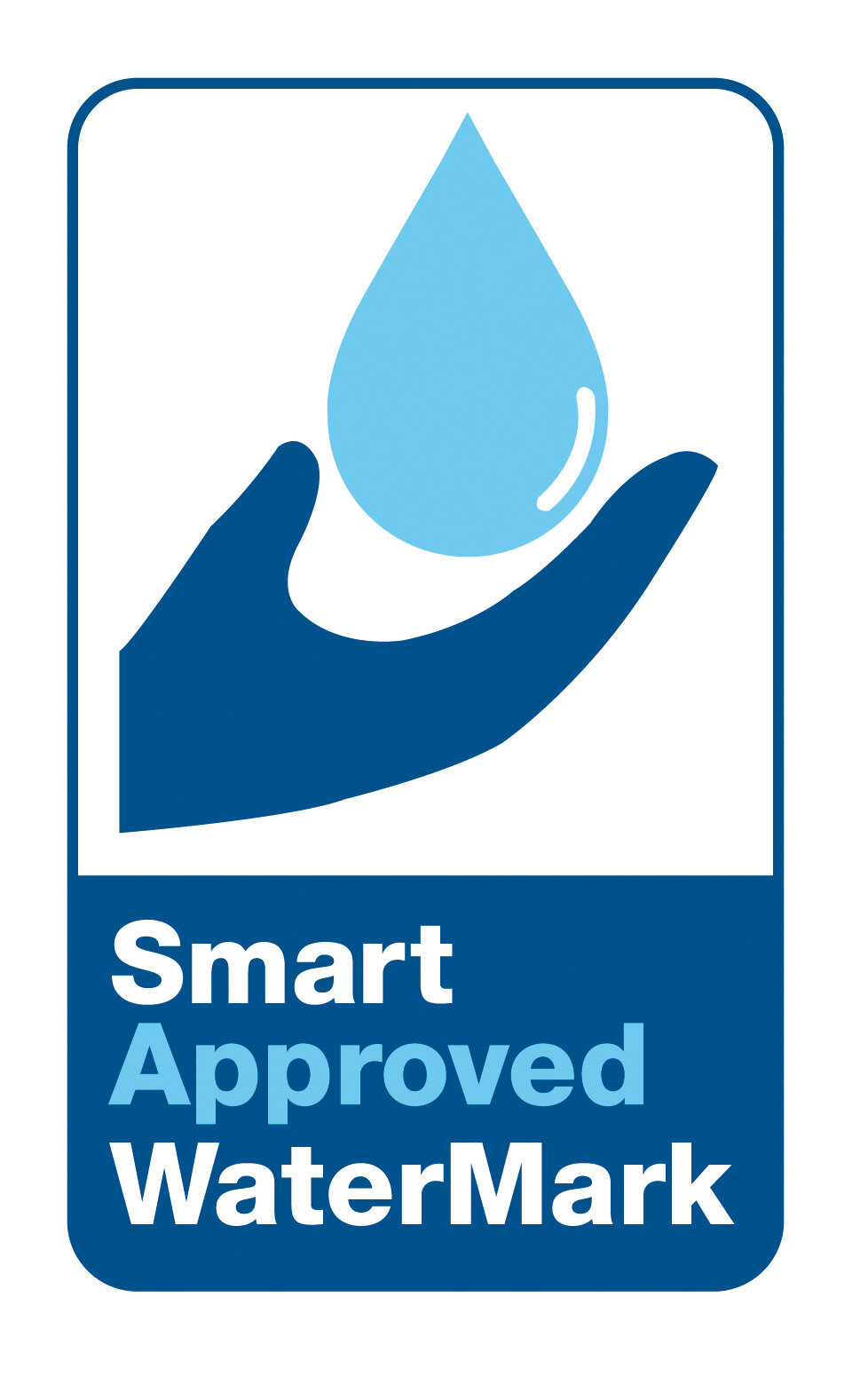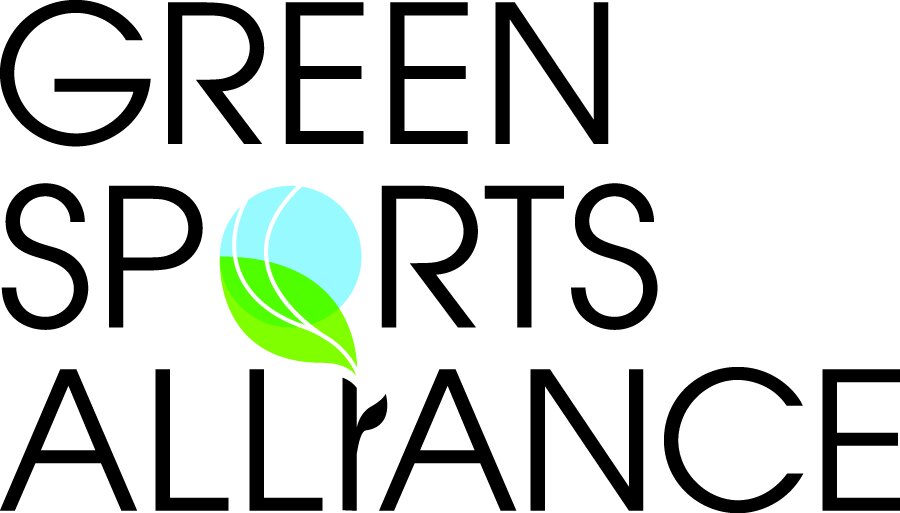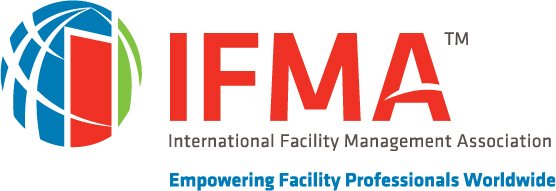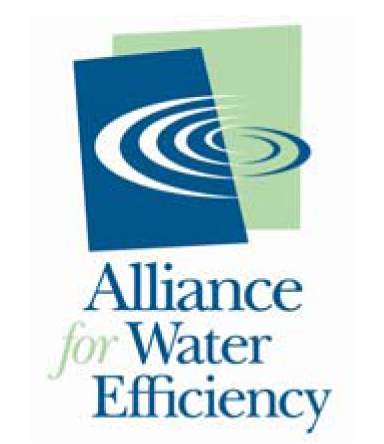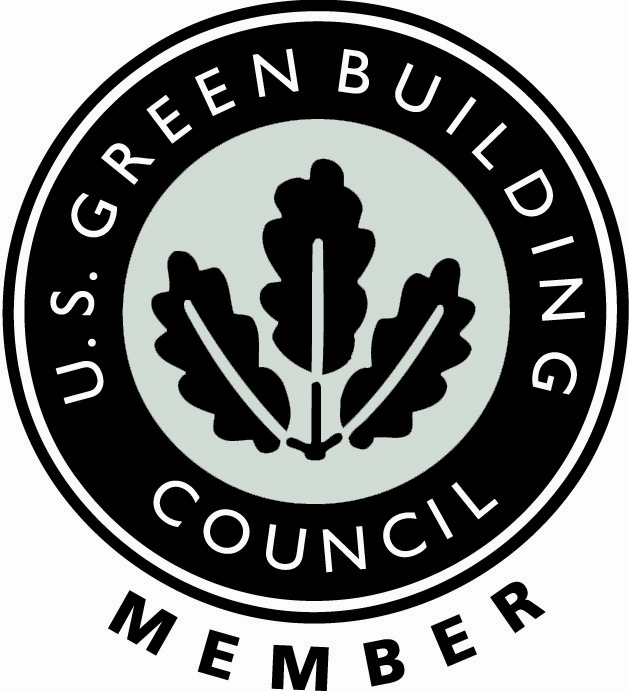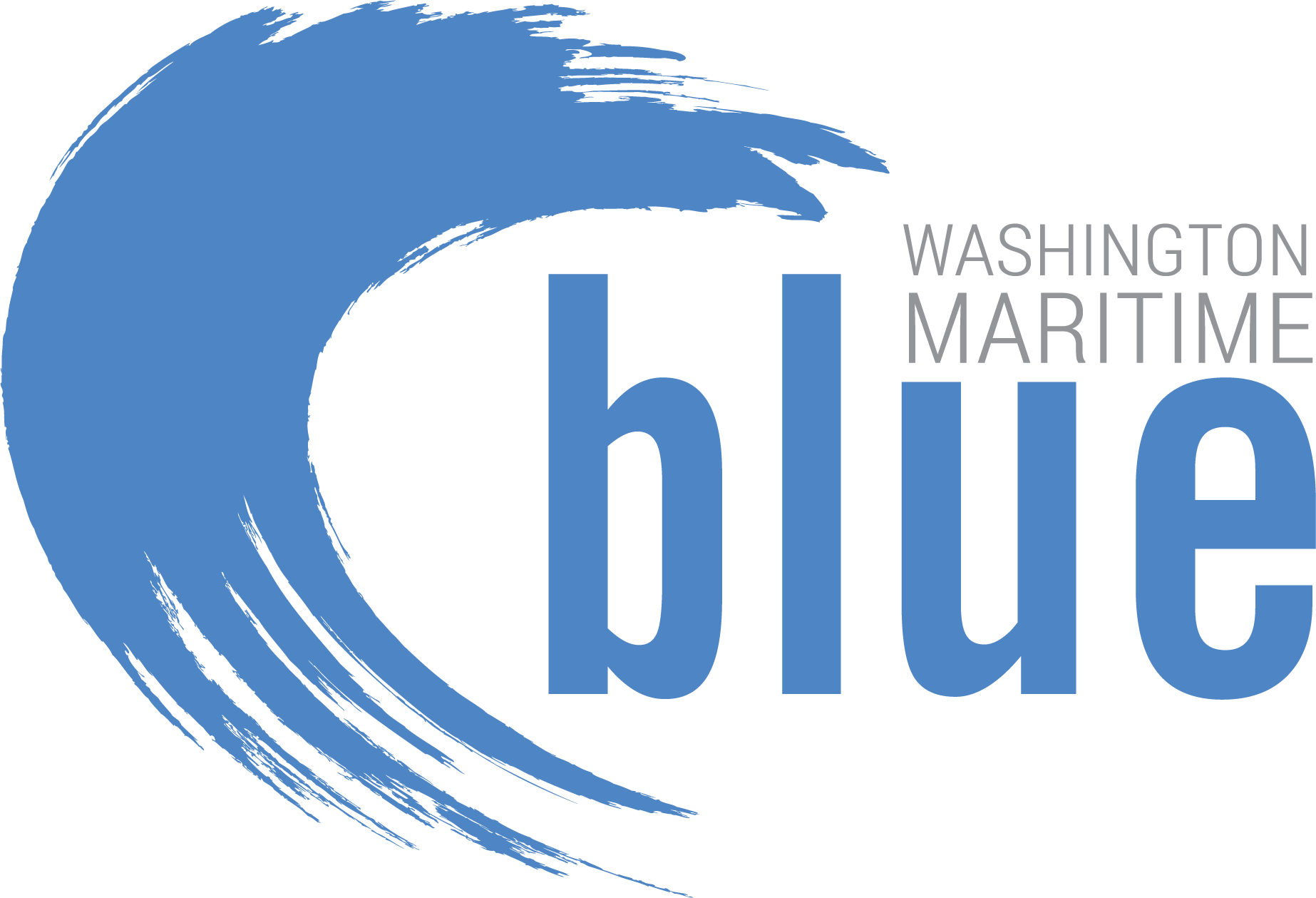In March of 2017, Cape Town, South Africa was in an intensely crave situation when it came to water. The city of nearly 4 million people had only 113 days left of drinking water.
But it gets worse.
In a relatively short period, they were down to just 103 days left of water and then only 87 days left of water. By August 2017, there were only 61 days of water left.
It’s clear something had to be done and done very soon. City administrators had tried pleading with people and businesses to reduce water consumption with only marginal success. So as the situation grew worse, they decided to take a totally different approach.
What they did is turn to billboards.
They posted electronic billboards and signs on the major roadways around Cape Town, letting everyone know on a daily basis how much drinking water was left in the reservoirs.
It had a compelling impact. It empowered people to find ways to reduce consumption on their own. Then, using social media and traditional media, people eagerly started sharing their ideas and what they had learned on ways to save water. So everyone started learning from everyone else.
Among the ideas that took hold were the following:
• Taking 5-minute showers (and using a timer to prove it)
• Limiting tooth brushing to once or twice today with little or no water
• Flushing toilets no more than five times per day per family (hmm; are you sure about this?)
• Installing waterless urinals ((Link to this blog sent you in November: Breaking News: Waterless Loos for South Africa)
• Limit handwashing to once or twice per day (again, hmm??)
• No landscape irrigation of any kind
• No sipping of tap water; only drink bottled water imported into the country
Some people even suggested eliminating laundry. They purchased only ready-to-wear/ready-to-toss clothing. Fortunately, Cape Town has a mild climate year round so it’s possible they could get away with this.
But here is what also surfaced.
Cape Town residents started realizing they are not the only ones having water problems. In fact, it’s becoming a problem around the world.
According to the United Nations, 95 percent of the countries around the world – including South Africa – have less drinkable water today in reservoirs than they did just twenty years ago. So this told Cape Town residents that what they are experiencing is not temporary… this is the way things are going to be.
Those electronic billboards accomplished more than city administrators ever thought possible. Its paid off. Water consumption has dropped considerably.
Reducing water consumption is now on everyone’s mind just about every day. They empowered people to take action on their own – and they did.
For more information on ways to reduce water consumption, visit www.waterless.com




